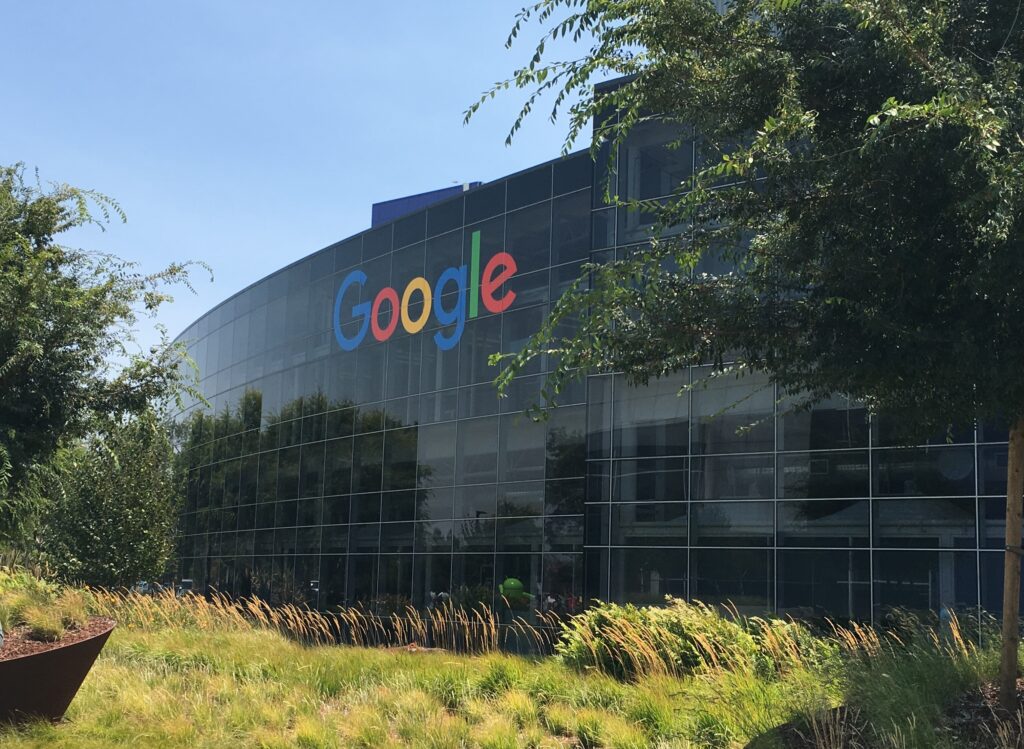I am not in general a big fan of corporate philanthropy. Everything about the model is wrong; instead of paying taxes, company executives who are elected by nobody and not accountable to the public get to decide where the money goes. All too often, it’s just a corporate PR strategy to defuse community anger.
But I still read the San Francisco Business Times special section this week on how supposedly wonderful our local oligarchs are at sharing the wealth. From the intro by Publisher Mary Huss:
Our region is blessed with generous corporate citizens that provide needed cash, economic and political influence, and a workforce that mobilizes to do good.
Then, as it always does (and the information is often useful) the BT published a list of the top corporate philanthropists in the Bay Area, listed by the amount they give to charity.
It’s absolutely stunning.

Let’s start with the Number Two donor, Google. The company gave $57.7 million to Bay Area charities in 2021. Sounds like a lot of money.
Except that Google’s revenue that year was $257 billion, and its profit was $91 billion.
So as a percentage of profit, Google donated … such a small number that my calculator almost can’t handle it. We’re talking 0.06 percent, an amount so low that you can’t actually measure it in any standard economic model.
Genentech hasn’t reported its profits, but its revenue in 2021 was $24.6 billion. To local charity: $10.21 million. That’s 0.04 percent.
Cisco Systems: $13 billion profit, $28 million in charity. 0.2 percent.
Intel: $22 billion in profits, $9.3 million in local charity. 0.04 percent.
Oracle: $4 billion in profits, $2.96 in local charity, 0.05 percent.
Yelp, $34 million in profits, $221,000 in local charity, that’s 0.0003 percent.
The list goes on and on and on.
Some of the big local folks that the city has given great benefits to, like Twitter, Airbnb, Uber, and Lyft, aren’t even on the list of the Top 100, meaning they have donated less than $28,000 (the cutoff) to charity in 2021.
Wow.
Let’s imagine for a moment that these companies all donated five percent of their profits (that’s a pretty modest number) to needy individuals and organizations. The top six companies I listed about would give almost $12 billion to local charities.
Or imagine they actually paid reasonable corporate taxes, say, 40 percent. That would be around $60 billion in revenue for public needs (enough, for example, to solve the entire homeless and affordable housing crisis in the state of California).
These are not “generous corporate citizens.” They are giving essentially nothing back to the communities that made their riches possible.
This is why “corporate philanthropy” is a giant fail.




